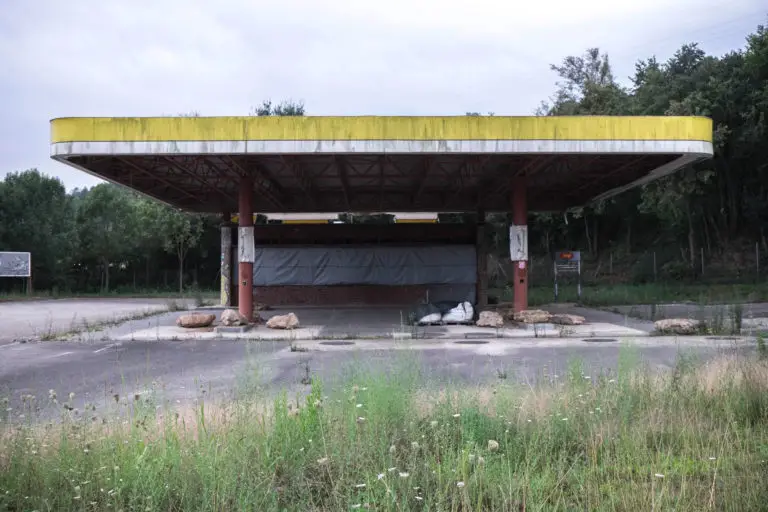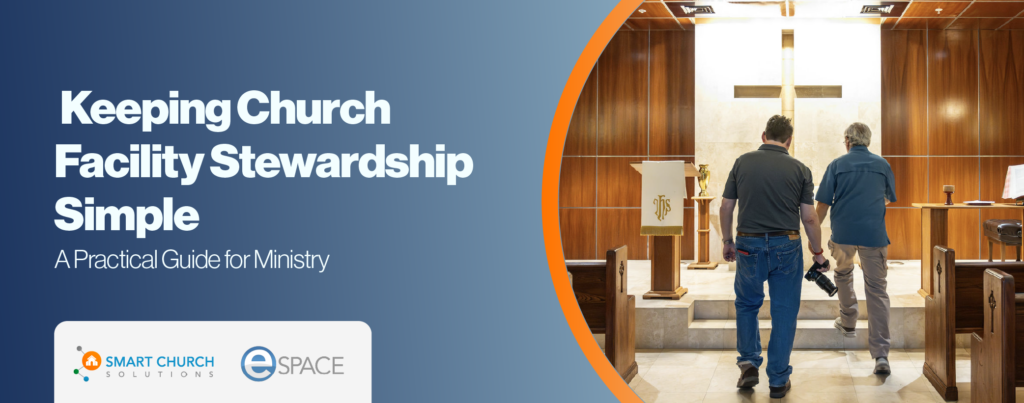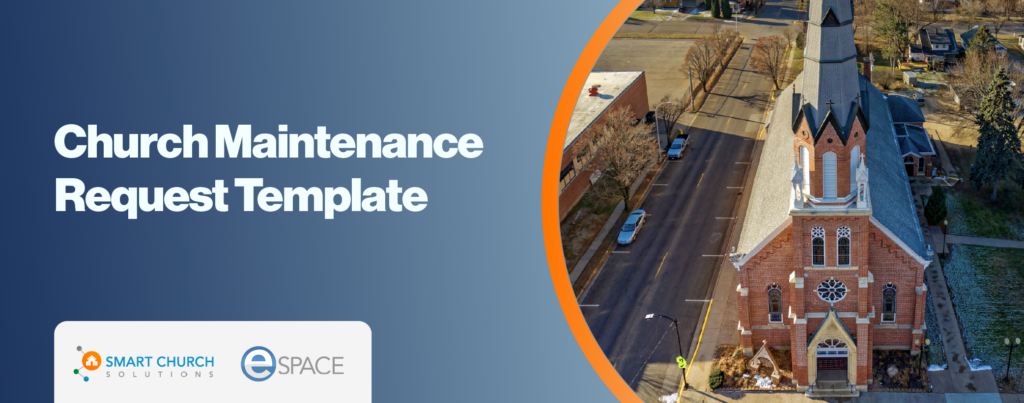Insurance for your church facility is great to have when you need it. However, there are steps your church should try to mitigate the need to file a claim.
With so many activities taking place in a church facility, accidents can — and will — happen. As a result, churches must take proactive steps to protect their facilities and avoid insurance claims.
Therefore, in the paragraphs below, we will discuss steps churches should implement to prevent insurance claims related to their facilities.
Conduct Regular Inspections
Regular inspections can help identify potential hazards and ensure a facility is up to code. Inspections include looking at electrical and plumbing systems, checking the roof for leaks, and inspecting walkways and parking lots for damage.
Establish Safety Procedures
By having safety procedures clearly established, you can create a safer place for your staff and volunteers. Do you have guidelines for using equipment, handling hazardous materials, or responding to emergencies? If not, now is the time to establish a protocol to prevent injuries.
Provide Adequate Training
In addition to the above, providing adequate training for staff and volunteers is crucial for preventing accidents and injuries. Not only do you need clear procedures, but you also must bring your team up to speed. Adequate training includes walking through the safety procedures, how to use equipment, and your team’s emergency response.
Ensure Proper Maintenance
If you have been around awhile, you know how important this step is. Proper maintenance of the church facility can prevent damage and deterioration. In turn, it is essential for preventing accidents and injuries among staff and church members. Consider implementing regular cleaning, maintaining equipment, and repairing any damage to the building or property.
Provide Adequate Lighting
Are your parking lots and stairwells well-lit? Adequate lighting, especially in these areas, can help prevent accidents. Therefore, we recommend ensuring that all areas of the facility are well-lit. That also means that those burned-out bulbs you have been putting off replacing need changed promptly.
Manage Crowd Control
Managing crowd control during events is essential, especially for larger events. Ensure that there are clear exit routes and adequate signage. If there are any restricted areas, you also want to ensure those are marked and controlled.
Communicate Effectively
Effective communication among staff, volunteers, and visitors is important in ensuring safety. Similar to the above, this includes having clear signage throughout your church facility. We also recommend facilitating regular safety reminders with your staff and keeping a record of emergency contact information.
Secure the Premises
Just like your house, your church facility should feel safe and secure. Securing the premises can help prevent theft, vandalism, and other injuries. Therefore all doors and windows should be locked when the facility is not in use. We also recommend going a step further by installing security cameras and alarms.
In Conclusion: Be Proactive
Protecting a church facility from accidents and injuries requires a proactive approach. By following all the steps outlined above, churches can avoid insurance claims and protect their facilities and those inside them.
Yes, getting that insurance check to cover your costs may feel good. But who do you think is really paying for the claim? The insurance company? Wrong.
Every other church insured by your carrier is ultimately paying for your claim. And as claims go up, so do the premium all insured churches will pay. Therefore, it’s better to be proactive to save in the long run.








